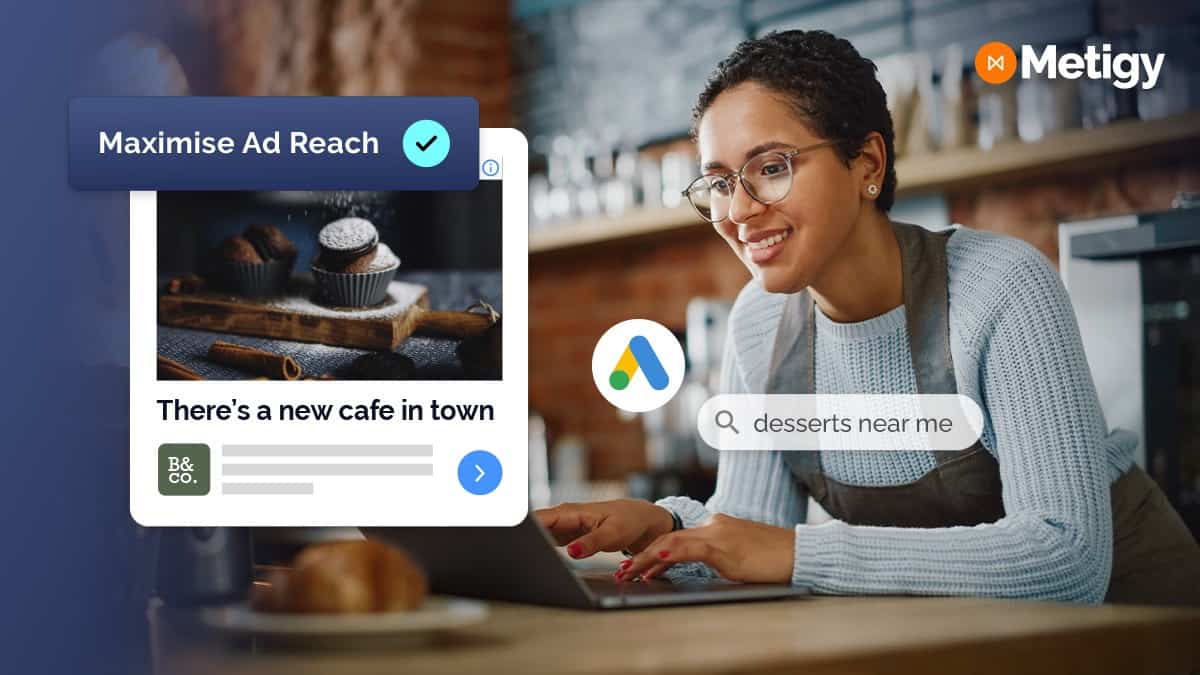Choosing the right keywords for Google Ads so you can build an effective ad campaign is one of the most important decisions you can make in marketing.
Keywords won’t just determine how much traffic an ad can bring in – they’ll also determine the quality of the leads you generate.
That said, finding the right keywords for your next ad campaign isn’t always straightforward. The process doesn’t have to be complicated, but it is easy to fall into some marketing traps that can hurt the effectiveness of your keywords.
Today, we’re going to look at what traps to avoid and what best practices to follow when it comes to building campaign-boosting keyword lists for Google Ads.
Let’s start with a vital question.
What are keywords for Google Ads?
By Google’s definition, keywords are: “Words or phrases describing your product or service that you choose to help determine when and where your ad can appear.”
In short, Google Ads uses keywords to put your ad in front of the right people. It uses the data you provide (keywords) and the data users provide (terms they use to search for things) to determine who your ad will show up to.
At all times, Google’s algorithms are trying to put the most relevant information in front of their users. Google does this to offer its customer base the most value possible through high-quality search returns and ad placement, and that’s the first thing we need to keep in mind when choosing keywords.
1. Think like your customers
You may be paying for an ad, but you aren’t Google’s primary customer as a marketer. Alphabet – Google’s parent company – makes 80% (approx. $147 billion) of its annual revenue from advertising. That money doesn’t come from marketers paying for ads, because Google Ads are pay-per-click – you only pay when users view and interact with your ad.
That’s the biggest thing to keep in mind when choosing keywords. Google is always thinking about how those keywords help with relevance for customers, and you should too. Don’t think about which words or phrases define your brand. Think about which words or phrases people use to search for products like yours.
Keywords that describe your brand or product might be “high-quality activewear”.
Keywords your customers might use are “jogging shorts women’s”.
That brings us to our second point.
2. Keywords rely on specificity
Ideally, your ad campaign will be built around a certain product. After all, you’re not trying to sell your business; you’re trying to sell your stock. Focusing on one product – or a section of your catalog – makes it easier to get specific with your keywords.
Is your campaign built around shoes? A seasonal collection? Is it a restaurant with a signature dish? Every business can break down its native keywords by honing in on its most marketable products.
Specificity also helps with building keyword phrases. Let’s make an example of a restaurant that specializes in oxtail. What would help the algorithm rank that ad campaign higher. Well, if it’s a special, having a date and time is fantastic data to provide, as well as pricing and location.
You can use a tool like Metigy to help find your keywords for Google Ads.
A keyword phrase like “oxtail special sit-down restaurant” is vague and unclear. “Oxtail special” as a keyword would put you in direct competition with anyone running a similar campaign. On the other hand, getting into those specific details might leave you with a keyword phrase like:
“3-for-2 oxtail special in Portland, every Wednesday at 5pm”
A phrase like that offers you a few options. You can split it into two phrases when entering your metadata behind the scene. If you keep it as one phrase, it would make for useful ad copy. Having phrases you can knit throughout the text of your ad gives the algorithm even more useful data to help you rank higher in your search field.
3. Negative keywords can filter out low-quality leads
If you know which keywords to use, you’re halfway there. The beauty of digital marketing is that you have tools that work the other way too. Negative keywords are words and phrases you tell Google Ads to omit. This means that your ad won’t show up for people who search for those keywords.
This is a great way to filter out bad leads. Let’s keep with the restaurant example. If the establishment was sit-down only, then a useful negative keyword might be “takeout” or “delivery”. If you did this, you wouldn’t have to rely on “sit down” as a keyword, and you could even use that space for a more relevant phrase.
Ultimately, choosing the right keywords is about knowing what your audience is looking for. But you don’t have to rely on mind reading. Negative keywords can help you filter for better leads, and phrases can help you build stronger keyword chains. At the end of the day, keywords are about helping Google’s algorithm get you in front of your audience, so don’t neglect them.
Optimising your keywords with Metigy
Try Metigy today and break down the process of creating Google Ads every step of the way with a simple setup. Our AI recommendations will help you capitalize on missed opportunities through keyword and audience suggestions.

